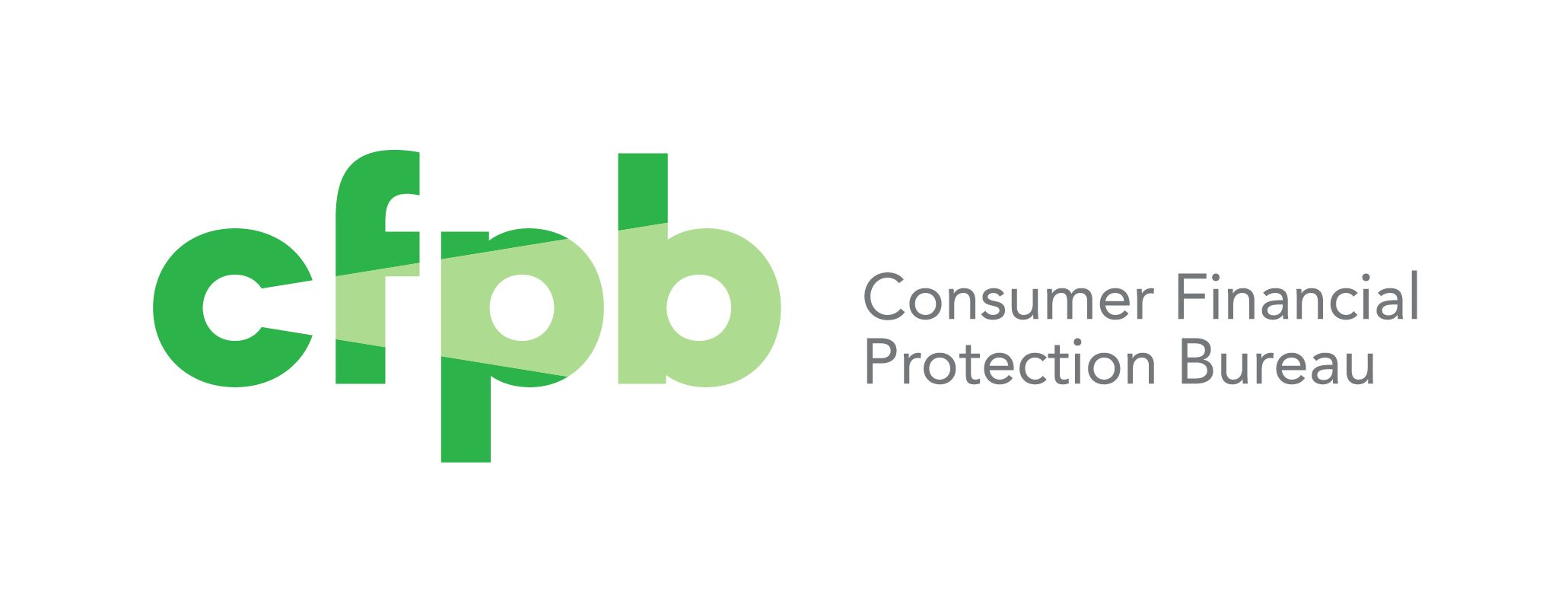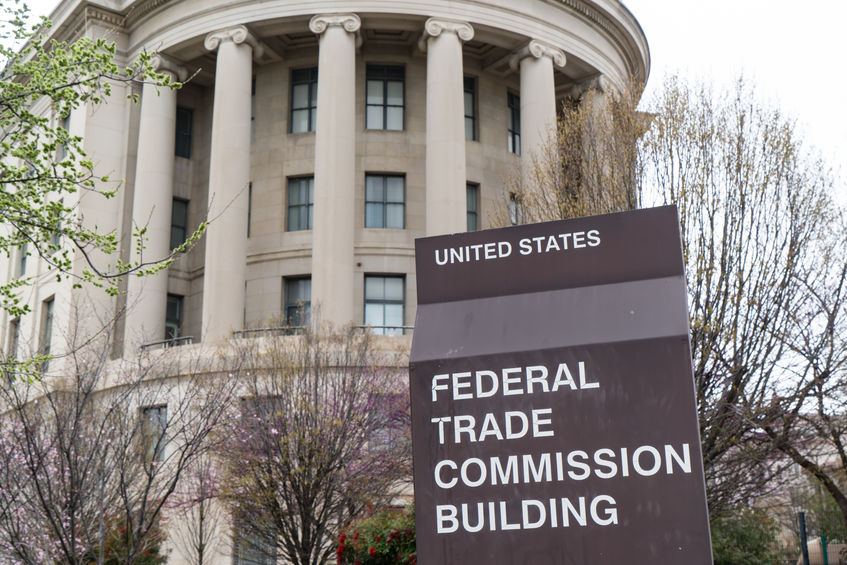Kapitus CEO Speaks on Success of Rating Reaffirmation
October 6, 2020 When lending companies faced the tightest squeeze on capital since the great recession, many ran into trouble. Kapitus, having survived 08′, met 20′ with the same discipline that helped them navigate the pandemic.
When lending companies faced the tightest squeeze on capital since the great recession, many ran into trouble. Kapitus, having survived 08′, met 20′ with the same discipline that helped them navigate the pandemic.
“Our whole industry was put on a credit watch downgrade, and it’s very exciting that we were upgraded, reaffirmed to the original rating,” Kapitus CEO and founder Andy Reiser said. “Most of the companies, our peers defaulted and went into what’s called rapid amortization and did not make it through to keep their securitization.”
Reiser was happy to report that Kapitus received a rating affirmation from Kroll Bond Rating Agency (KBRA) on Friday. KBRA has removed the Kapitus securities from a Watch Downgrade.
Back in March, the businesses that Kapitus and their competitors funded across the country, faced state mandated shutdowns. Many customers were suddenly unable to make the loan, MCA, or equipment payments that they had been able to make for years.
For lenders that bundled and securitized the loans they made, the value of those loans was called into question.
On March 30, KBRA placed the ratings of 29 securitizations representing $2.1 billion from 10 SMB lending firms on a “Watch Downgrade” due to the economic downturn.
To overcome the warning, Kapitus reigned in and focused on helping their customers. Reiser cited the addition of Jeff Newman from Citigroup to manage the risk team as an example of how the firm has been focused on funding responsibly for years.
“We focused on strong business practices and keeping the portfolio strong, and it paid off,” Reiser said. “We never stopped, we were not lending at the same velocity that we did pre COVID, but we never had a day that we didn’t fund a new deal.”
Reiser said that during the pandemic’s height, the team took a lot of long nights working on new products. One was a “step renewal” that allowed clients to pay installments and build up to the full payment, to make sure they were not overwhelmed. Kapitus also offered extended periods for their healthcare loans, up to 36 months, Reiser said.
For companies like Kapitus, a questionable rating could lead to a rapid amortization event: a sudden call to liquefy the bonds and give back investor money. For some, an event like this will spell the end: most firms don’t keep hundreds of millions or even billions on hand to give back principals in a moment’s notice.
Reiser said out of the ten securities on credit watch, only one other was reaffirmed, due to a renegotiation of terms that bond investors had to agree on. Kapitus made no negation but was reaffirmed due to the success of their business practice, Reiser said.
The securitization was initially issued for $105 million in June 2018, and expanded to $160 million last December, in three classes with a senior class rating of “A.”
Reiser believes that the pandemic, like the ’08 recessions, will see some consolidation and strong companies prospering in a displaced environment.
“I think COVID will teach a lot of other players that were very aggressive in coming down to this market that it’s not so easy,” Reiser said. “I think some of the banks and the alternative lenders that were more eager to come into this market may not be so aggressive at least for a while.”
Capify CEO David Goldin on New $10 Million Equity Round
September 30, 2020 Capify, a leading international small business lending platform, announced a $10 million equity round this week from a new investment group with vast experience in the alternative lending industry.
Capify, a leading international small business lending platform, announced a $10 million equity round this week from a new investment group with vast experience in the alternative lending industry.
“[investors were] diligent seeing Capify, the management team, and the opportunity,” Goldin said. “They thought it was a very good investment, particularly how Capify’s portfolio performed during the pandemic.”
Goldin said the capital is a great “restart of the engine” after the cautious approach the company took to lending at the height of the pandemic. The money is not an equity round from current investors, but rather new capital joining the team.
The funding will be directed toward ramping lending back up and extending business partnerships with firms that serve small businesses, as well as direct and indirect lenders.
“So, hindsight is actually better than 2020 vision; no one in our lifetime has experienced the pandemic,” Goldin said. “No one knew what to expect from a risk profile, so we took the conservative approach.”
That approach was to shut down new loans and focus on servicing its current customers. It was a difficult time for the alternative lending industry veteran, but now Goldin said he sees a great demand for capital.
“This was one of the toughest challenges that I’ve experienced ever as an entrepreneur,” Goldin said. “The result really speaks to Capify as a company. People are willing to make that investment, believing in opportunity ahead and not the current times or the past during the pandemic.”
Goldin said that Capify has always been known for its well-performing portfolio, one of the reasons that in 2019 the firm received a $95 million credit facility from Goldman Sachs’ Merchant Banking Division.
Goldin began working in the fintech industry before the word fintech was even coined; in the early 2000s, he started one of the first MCA companies. Amerimerchant started selling loans and MCAs internationally in the UK and Australia in 2008, then rebranded to Capify in 2015. After leaving the US market in 2017 gained Goldman’s attention last year.
“So now that we have the firepower, we believe there’ll be opportunities in these markets as demand picks up for small business lending,” Goldin said.
The New Largest Merchant Cash Advance in History: $90 million +
September 9, 2020The largest merchant cash advance in history (at $40 million), first publicly disclosed in 2018, has been outdone. On Tuesday, the Receiver in the Par Funding SEC case revealed that its largest customer had outstanding purchased receivables of $91.3 million. The customer is an office and cleaning supply company based on Long Island. The amount is now the largest known merchant cash advance deal in history.
Par’s second largest customer had outstanding purchased receivables of $35 million.
Par’s total receivables are estimated to be $420 million. $228.8 million of it stems from just 10 customers including the two referenced above, according to a recently filed report.
Section 1071 is Back and The CFPB Wants to Know How Much It Will Cost You to Comply
August 25, 2020 At some point in this century, small business finance companies will be expected to comply with Section 1071 of the Wall Street Reform and Consumer Protection Act that was passed in 2010.
At some point in this century, small business finance companies will be expected to comply with Section 1071 of the Wall Street Reform and Consumer Protection Act that was passed in 2010.
In the wake of the ’08-’09 financial crisis (remember that?!), lawmakers passed the above act that has become colloquially known as Dodd-Frank. Section 1071 gave the Consumer Financial Protection Bureau the authority and the mandate to collect data from small business lenders (and similar companies).
The costs, risks, and challenges with rolling out this law have been discussed on deBanked for 5 years, yet little progress has been made to finally implement it. But it’s starting to move along and the CFPB would now like to know how expensive it will be for businesses to comply.
If you are engaged in small business finance, you should seriously consider submitting a response to their survey. The CFPB is specifically cataloging responses from merchant cash advance companies, fintech lenders, and equipment financiers.
“A Bad Solution in Search of a Problem”: SBFA’s Response to the New York Disclosure Bill
August 6, 2020 “It’s actually shocking to me how tone deaf those who claim to represent our industry are when it comes to policy,” is how Steve Denis, Executive Director of the Small Business Finance Association, described the Innovative Lending Platform Association’s response to and influence over the drafting of bill A10118A/S5470B. Known as New York’s APR disclosure bill, S5470B has been passed by the state legislature, and if signed by Governor Cuomo, will require small business financing contracts to disclose the annual percentage rate as well as other uniform disclosures.
“It’s actually shocking to me how tone deaf those who claim to represent our industry are when it comes to policy,” is how Steve Denis, Executive Director of the Small Business Finance Association, described the Innovative Lending Platform Association’s response to and influence over the drafting of bill A10118A/S5470B. Known as New York’s APR disclosure bill, S5470B has been passed by the state legislature, and if signed by Governor Cuomo, will require small business financing contracts to disclose the annual percentage rate as well as other uniform disclosures.
Speaking to deBanked over the phone, Denis expressed disappointment with both the bill as well as comments made by ILPA’s CEO, Scott Stewart, in a recent article.
“Small businesses in New York are struggling right now,” the Director noted. “They’re waking up every single day wondering if they should even stay open or close permanently, and companies and organizations in our space are using their resources to push a disclosure bill that nobody has asked for. There’s no widespread issue with disclosure. There’s been no outpouring of complaints to regulators. No bad reviews on Trustpilot. This is a really bad solution in search of a problem. We have real problems right now, we should be coming together as an industry to help solve them. We want to make sure that capital is available to small businesses on the other side of this pandemic, and this group of tone deaf companies are spending resources trying to push a meaningless disclosure bill that’s just going to hurt the access to capital for real small businesses who are grinding and trying to figure out how to stay open. It’s unbelievable.”
The SBFA showed deBanked a list of issues and complaints made to the New York legislature regarding S5470B. According to the trade group, these were largely ignored and the bill was pushed through with the issues left in. Among these were problems relating to definitions and terms. No definition for the application process is included, nor is there one for a finance charge. As well as this, one senator was quoted using the term “double dipping” to refer to consumers refinancing debts that have prepayment penalties; which Denis said was “creating a whole new term that’s never been used or defined before, and applying it to commercial finance, something that’s never been done.”
Accompanying these complaints was one regarding how APR is calculated, as S5470B includes two different calculations for this, producing different results while not clearly defining when to use each.
 When asked why he believes these issues were allowed to remain in the language of the bill, Denis was baffled.
When asked why he believes these issues were allowed to remain in the language of the bill, Denis was baffled.
“I think that the companies and organizations that support this legislation don’t fully understand what’s actually in the bill. […] They have no problem pounding the table and taking credit for its passage, but I guess they don’t realize it will subject them and the rest of the alternative finance industry to massive liability, massive fines—upwards of billions of dollars worth of fines.”
Denis’s fear going forward is that funders in New York will tighten up their channels going forward or cease funding entirely, given the increased riskiness of funding under the terms of S5470B if Cuomo signs it into law. Before that happens though, the Director mentioned that he believes there will be legal challenges to the bill in the future, saying that its wording is just too unclear and poorly drafted. Adding to this, Denis said that he believes many members of New York’s state government are aware that this bill is imperfect and were comfortable with the thought of it being edited once passed. Looking forward, Denis wants the SBFA to be deeply involved in those edits, saying that they’re willing to work with the Governor, the state assembly, and the New York Department of Financial Services.
“We’re for disclosure, we think there should be standard disclosure. … Our message to the Governor’s office is ‘Let’s take a step back.’ The Department of Financial Services needs to look at our industry, they need to get to know our industry. They are the experts that understand the space, they understand disclosure, and they understand what they need to do to bring responsible lending to New Yorkers. And we would like to work with the NYDFS and a broader industry to put forward a bill that’s led by the Governor and the Governor’s office that brings meaningful disclosure and meaningful safeguards to this industry.”
FTC Commissioner Rohit Chopra on Merchant Cash Advances
August 3, 2020
Following recent lawsuits filed by the FTC, Commissioner Rohit Chopra made the following statements earlier today in an announcement about merchant cash advances:
As the Commission proceeds into litigation in these matters and further studies this market, I hope that we will uncover additional information about business practices in this opaque industry. In particular, we should closely scrutinize the marketing claim that these payday-style products are “flexible,” with payments contingent on the credit card receivables of a small business. In reality, this structure may be a sham, since many of these products require fixed daily payments, and lenders can file “confessions of judgment” upon any slowdown in payments, with no notice or due process for borrowers.
This raises serious questions as to whether these “merchant cash advance” products are actually closed-end installment loans, subject to federal and state protections including anti-discrimination laws, such as the Equal Credit Opportunity Act, and usury caps. The stakes are high for millions of small businesses.
Shopify Originates $153M in MCAs and Loans in Q2
July 29, 2020 Shopify had a monster 2nd quarter. The e-commerce giant generated $36M in profit on $714.3M in revenue. As part of that the company originated $153 million worth of loans and merchant cash advances, only slightly down from the $162.4M in Q1. Still that figure was up by 65% year-over-year (and was more than 2x the volume originated by OnDeck).
Shopify had a monster 2nd quarter. The e-commerce giant generated $36M in profit on $714.3M in revenue. As part of that the company originated $153 million worth of loans and merchant cash advances, only slightly down from the $162.4M in Q1. Still that figure was up by 65% year-over-year (and was more than 2x the volume originated by OnDeck).
The company has offered capital to its US merchants since 2016 and recently begun doing the same with its UK and Canadian merchants starting this past March and April respectively, the company revealed.
Shopify CFO Amy Shapero said that company had maintained loss ratios “in line with historical periods,” despite COVID. “Access to capital is even tougher in times like these, which makes it even more important to continue lowering this barrier by making it quick and easy so merchants can focus on growing their business,” Shapero stated.
“Our Model Disclosure Legislation”: ILPA’s CEO on New York’s APR disclosure bill
July 28, 2020 Late last week the New York State legislature voted to pass A10118A/S5470B, a bill that might lead to greater clarity and consumer knowledge according to Scott Stewart, CEO of the Innovative Lending Platform Association, a trade association of small business lenders.
Late last week the New York State legislature voted to pass A10118A/S5470B, a bill that might lead to greater clarity and consumer knowledge according to Scott Stewart, CEO of the Innovative Lending Platform Association, a trade association of small business lenders.
Referring to it as “our model disclosure legislation,” Stewart explained in a phone call the work that the ILPA put in to help the bill through as well as what sort of impacts can be expected from S5470B.
“The implications are that small businesses, certainly in New York to begin with, but we think throughout the country, will have the opportunity to really see, understand, and compare various different sources and products for financing their small businesses in terms of their expansion and success. That’s something we’re very proud of and I think that’s something the small business borrower really deserves to see. They deserve to see and understand exactly what they’re doing and when they’re taking out financing products for their businesses.”
What exactly these business owners will understand better relates to the details of the bill, which requires small business financing contracts to disclose the annual percentage rate as well as other uniform disclosures. If signed by New York Governor Cuomo, the bill could have ramifications on small business lenders, MCA, and factoring providers.

ILPA, founded in 2016 and comprised by the likes of Kabbage, OnDeck, and BlueVine; worked alongside legislators to help with the drafting of the bill, assisting with the wording so that it reflects their own SMART Box initiative. This being a form offered by ILPA which lists a number of metrics worth considering when seeking small business financing.
“In January 2019, our team came together and decided that it made sense in the wake of 1235 in California to take a proactive approach to codify SMART Box as legislation in a state, and we selected New York because we felt we had a favorable legislature there,” Stewart said. “I think it’s an incredible achievement. You see the big margins that it passed by in both the Assembly and the Senate and we’re very, very proud of that. I think it really speaks to our cooperative approach to building legislation. And now, as we move toward the implementation phase, we’re going to be in a place where, hopefully in the next six months or so, small businesses will begin receiving really clear disclosures on the capital and credit that they’re trying to take out.”
As noted though, the bill must be signed by Governor Cuomo before becoming law, and then it will affect New York only. Beyond the Empire State though, Stewart is hopeful that ILPA will be able to implement the terms of S5470B in other states.
“Now that we have hopefully harmonized the legislative landscape between California, with 1235, and New York; hopefully we’ll be able to export that to other states. We don’t have any accurate plans at this time to do that, but we feel like if two of the larger states in the nation have very similar disclosure regimes then we’re on the track toward seeing this nationwide.”






























